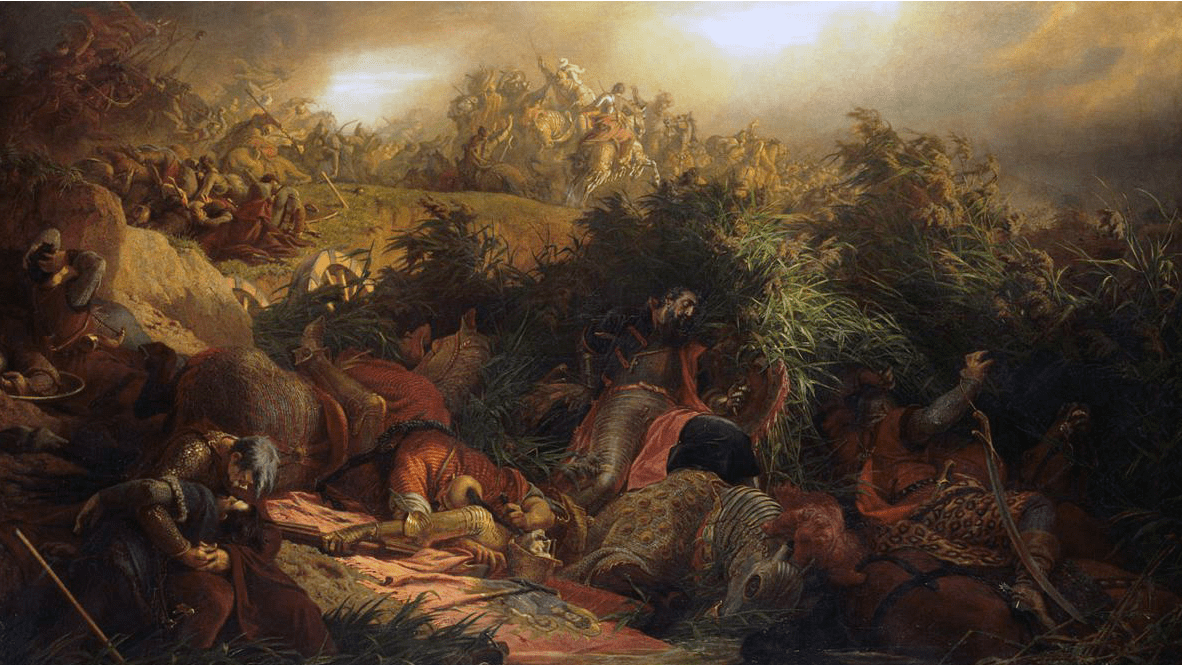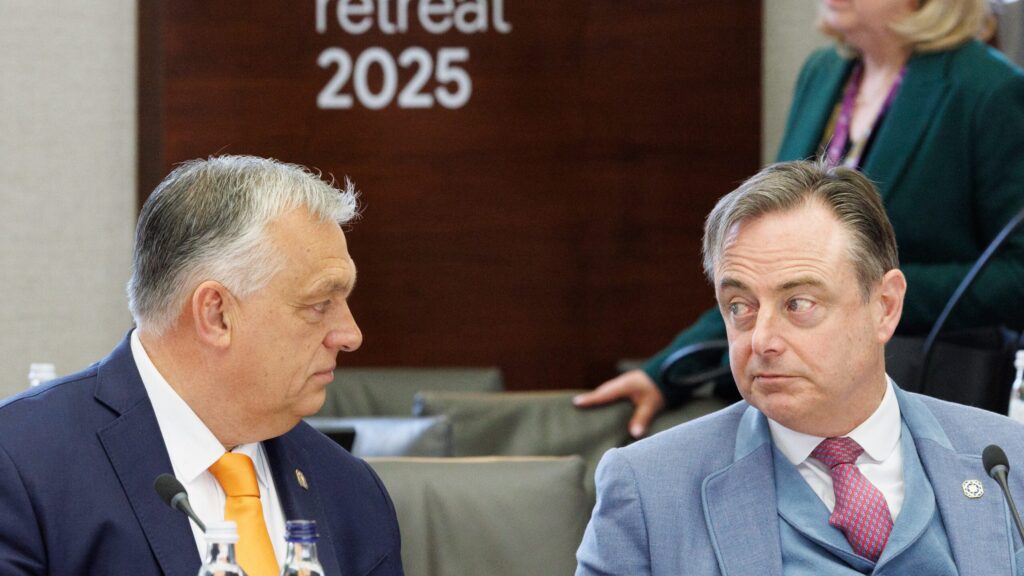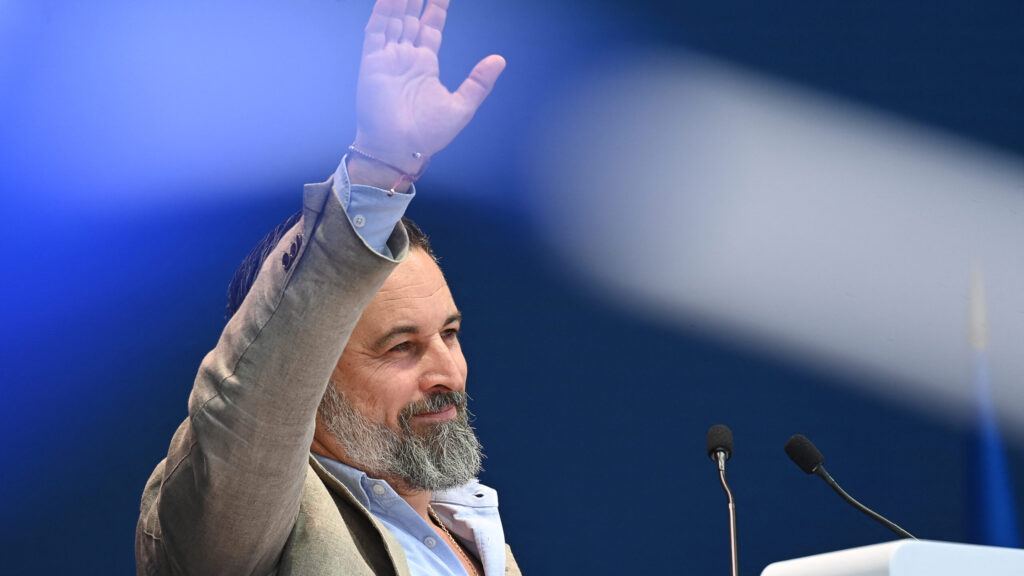In the history of Europe, nothing quite interests me like the history of Hungary. Hungary emerged as a Christian kingdom around the 10th century with St Stephen. However, by the 1500s, Hungary was on a downward spiral. Vladislaus II increasingly placated the nobility by selling off his royal estates. Centralized power declined and the standing army of Hungary was disbanded to increase profits.
Vladislaus II was truly a disastrous ruler. Louis II, his successor, unsuccessfully urged his subjects and other European countries to unify in order to combat the Ottoman threat. His pleading fell on deaf ears, as the Turks under Suleyman the Magnificent marched up the country and engaged in what would be known as the worst period of Hungarian history. The Hungarian army would be destroyed and the young King Louis II would lose his life at only 20 years old. The few Hungarian lords left elected two kings: Ferdinand I and John Zápolya, a Turkish puppet. Austria would continue to fight the Turks in a series of wars for another 265 years. Hungary would remain a divided and war-torn land for many centuries until her declaration of independence in 1849.
History is something which many people forget, but history also holds much wisdom and lessons for our times.
Indeed, in our time, we face much the same issues as we faced in 1527. First, the biggest lesson of the set-up to the battle is that a successful nation needs good leadership and unity. Vladislaus’ ineffective leadership set the stage for his kingdom’s ruin.
Instead of building up his country, the central government weakened itself. The nobility disbanded the national army of Mathias Corvinus, border security was unpaid. Infighting amongst ambitious nobility and an elite that sold out the country was the primary cause of the collapse of Hungary before and after the battle. The nobility lost the respect of the office of the king, and the king’s divine mandate to rule over his people.
An aristocracy is something that a nation needs too. Not in the popular sense of a ‘nobility’ who have hereditary titles, but a spiritual aristocracy who, in an Aristotelian sense, are ‘worthy’ enough to direct their country.
Every government worker must understand how they aren’t just getting a paycheck with their work, they are serving their country and they must have the utmost moral character while doing it.
Aristotle in his politics said that an aristocracy which focuses on itself (or is corrupted) eventually morphs into an oligarchy, which is what the Hungarian Kingdom of Vladislaus and the current Western world is under.
A tiny greedy elite rules the country and the ruler is just a figurehead who does the bidding of his wealthy master.
This aristocracy must have a cohesive and unified vision, one that transcends individual ambitions and aligns with the broader interests of the nation in mind, and is critical to prevent infighting from turning into a civil war. In the absence of such unity, the door may be left ajar for influences that do not necessarily prioritize national welfare. Had the nobility aligned under a new king who was Hungarian, perhaps there could’ve been a fighting chance. Instead, the nobility went and elected a foreign king for their country. This great mistake by the nobility led to the integration of Hungary into the Austrian Empire. This ultimately cost the country more than it benefitted it, as the temporary security benefits would be outweighed by the assimilation of Hungarians and their status as second-class citizens.
Hungary would remain under Habsburg suzerainty for the next few centuries.
The lessons from Mohács remain relevant. Replace the nobility with the permanent bureaucracy
of Europe and America, the ‘culture creators’ of the modern media, and the greedy lords of woke capital. These people legitimately have no national identity and will sell their own countries out if at the first moment their interests are made inconvenient.
We now lie at an inflection point in history as conservatives. Are we to take action for ourselves, or to be ruled over by immoral people who want to dissolve our nations?
In Hungary, these people exist in the form of the liberal opposition backed by the European Union. It is striking to me that the nations of Eastern Europe, that have sought to free themselves from the leftist, multinational empires of the Soviet Union and the fanatical Ottomans now seek to voluntarily integrate themselves into the liberal multinational empire of the European Union. The liberals in the EU are fundamentally anti-Christian and anti-religion, they promote ideals which are totally against the spirit of the Hungarian Christian people.
There should be no compromise against Hungarian conservative values, no infighting, no seeking of extraneous wealth. Christianity must be first, and only real Christians (be they Catholic, Protestant, or Orthodox) should run a government. Furthermore, a thorough test of character must be placed on people in positions of leadership before they can start their mandate, so they are not compromised. Leadership should be interested in Biblical principles.
People’s characters are the most important aspect of leadership, and selecting the right people for leadership is an art form in and of itself.
Let’s be honest, Hungary has lived under a golden era compared to many other countries in the West.
This is why many conservatives in the West are flocking to live in Hungary. However, Prime Minister Orbán needs to look at the long game, and realize that storm clouds are gathering. While Hungary is doing fantastically under him, we see that this will not always be the case. He needs to find a successor, and a good one at that. If I’ve learned anything from my study of history and political movements, it is that a terrible successor to your legacy can undo everything you have spent your life and career building.
Likewise, PM Orbán should pick out a person who can take his spot with his valour and unflinching devotion to his people. If a leader is weak, much like Vladislaus II, he will give in to the oligarchy and quite literally sell off his nation.
While all of this may seem like a lot, it is our duty. Just like those men at Mohács, we face a powerful enemy. Nevertheless, we must be courageous, first as Christians and second as people who love our countries. Let us not forget that God is on our side, and that regardless of our results we will be rewarded for being loyal to Him.
Related articles:







